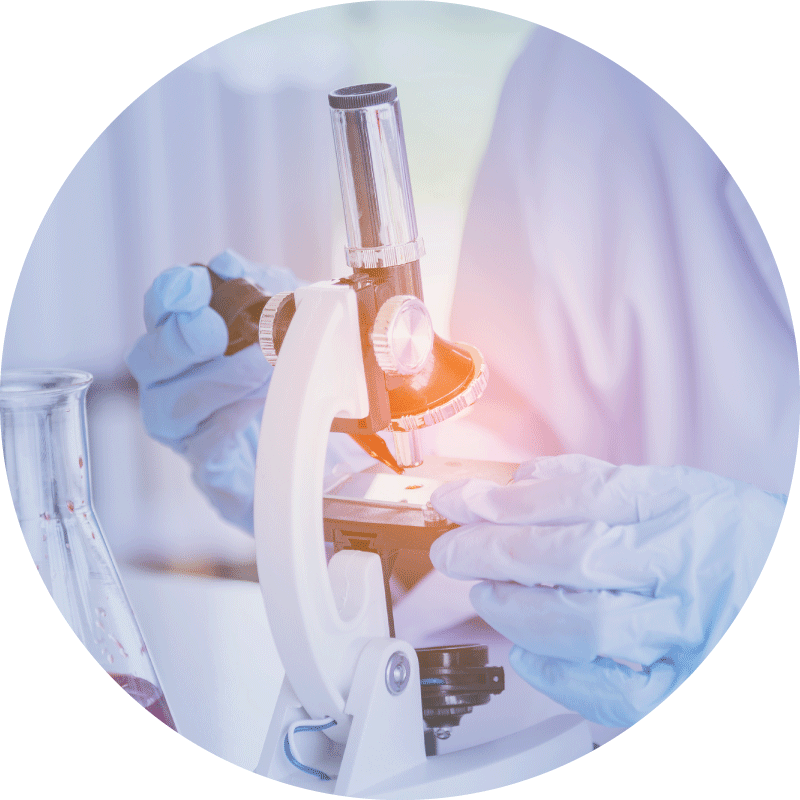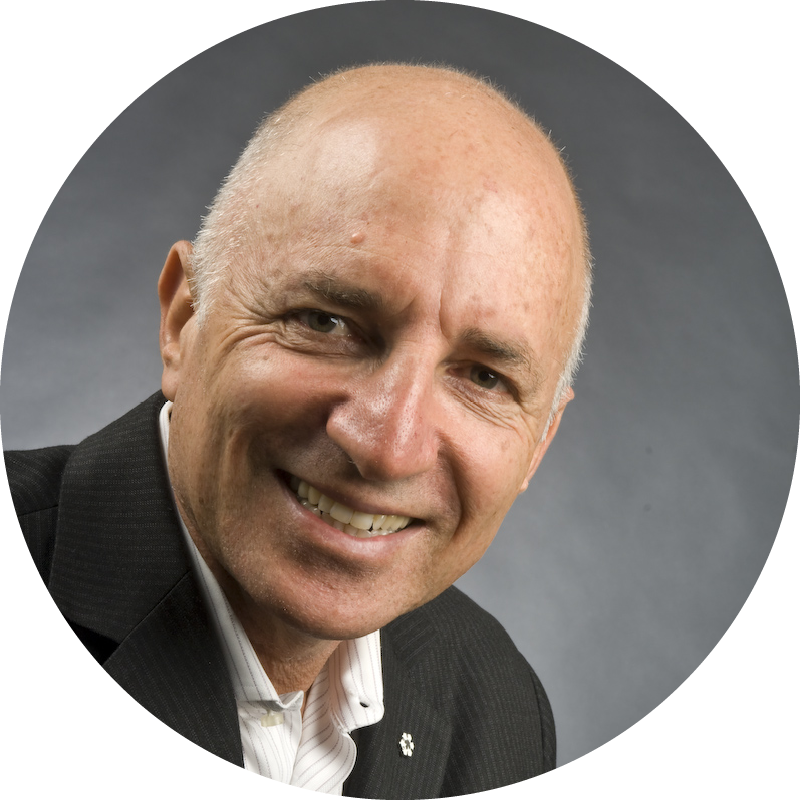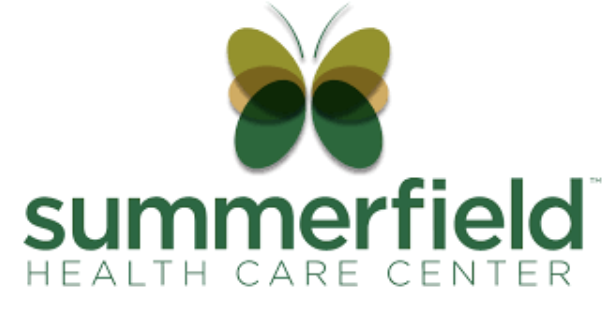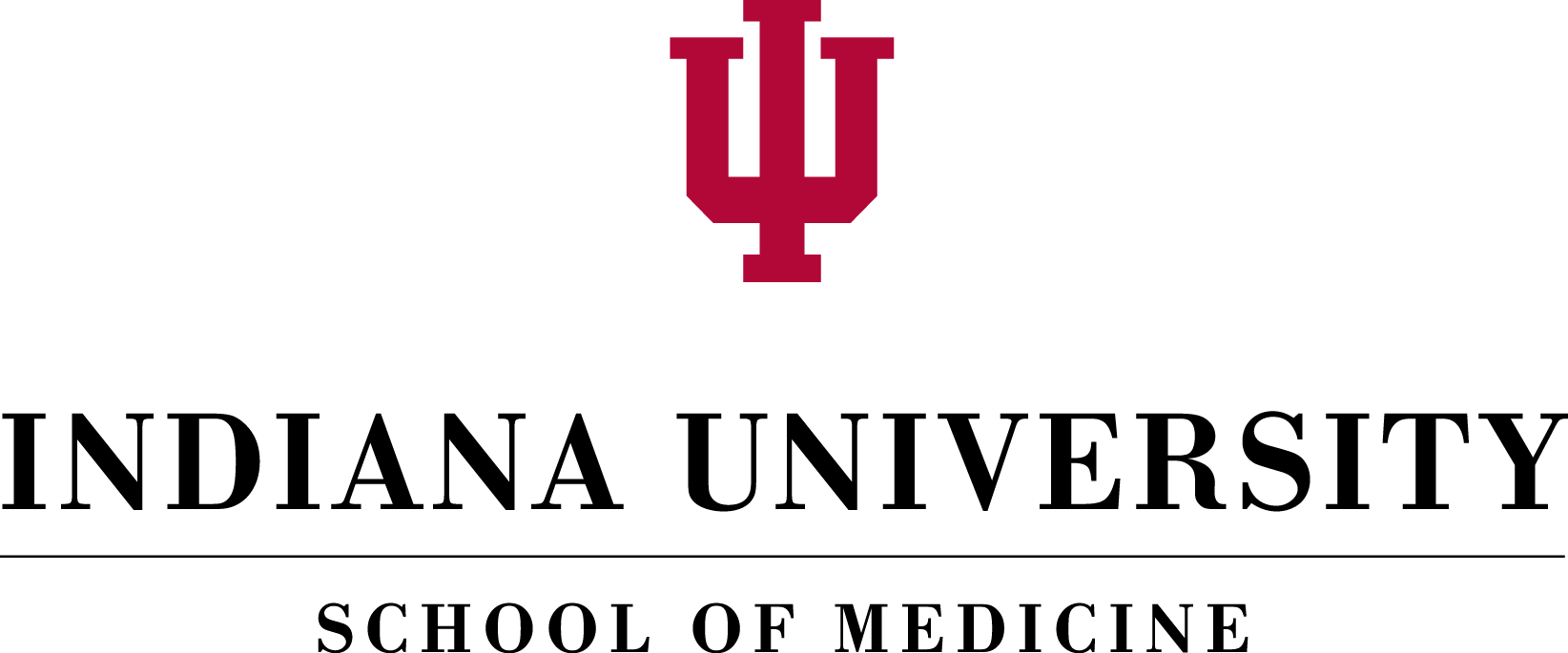The Bev Hartig Huntington’s Disease Foundation (TBHHDF) strives to seek out cutting-edge research that would not be funded without the Foundation that Bev inspired. TBHHDF collaborates with The CHDI Foundation, a non-profit biomedical foundation whose aim is to rapidly discover and develop drugs that retard the progression of HD, and to identify up-and-coming researchers with promising studies.
To date, $2.8 million has been awarded by TBHHDF to specific research seeking to develop a cure for Huntington’s Disease.
Below are the 2021 Grant Recipients, individually selected by the TBHHDF board based on their focus to study the brain and how to slow the CAG-repeaters, which is a key indicator for Huntington’s Disease.

2022 Recipients
Dr. Wenzhen Duan, M.D., Ph.D., M.S.
Director, Translational Neurobiology Laboratory
Dr. Wenzhen Duan, M.D., Ph.D, Professor of Psychiatry and Director of Laboratory of Translational Neurobiology at Johns Hopkins University School of Medicine. The bottleneck to wide-spread application of gene therapy for Huntington’s disease (HD) relates to the delivery by crossing the blood brain barrier and or reach to the brain regions most affected in HD. Wenzhen and her team are developing brain penetrable lipid-based nanoparticles (LNPs) for the safe delivery of gene therapies. LNPs are efficient in delivering therapeutic agents to the brain and are currently the lead non-viral delivery systems for enabling the clinical potential of genetic drugs. The project is aimed to provide fundamental knowledge and a proof-of-principle for safe delivery of a powerful gene therapy to treat HD.


Dr. Myriam Heiman
Our project has been focusing on a novel gene therapy approach for Huntington’s disease (HD). In HD, dysfunction of the cerebrovasculature and the associated breakdown of the blood-brain barrier (BBB) have been observed in early stages of the disease. We proposed that targeting the cerebrovasculature itself with a viral gene therapy would be restorative and potentially halt disease progression. We’ve been using this approach in the past year and have observed great potential in delaying disease progression within animal models of HD. We are now characterizing these changes extensively at cellular, molecular, and behavioral levels and are complementing these animal studies with high-resolution molecular profiling in the human HD cerebrovasculature. We are planning to prepare a manuscript for publication in the coming year.
Dr. Michael Hayden
October 18, 2023 Preclinical evaluation of modulating post-translational palmitoylation to treat Huntington disease Palmitoylation is an important post-translational modification that plays a key role in protein trafficking and stability. We have previously shown that palmitoylation of the mutant huntingtin (mHTT) protein is reduced in Huntington disease (HD), and that mHTT made resistant to this modification leads to increased mHTT aggregation and cell death. These findings have suggested a potential link between palmitoylation defects and neurodegeneration in HD. Recent studies from our group and others have demonstrated that enhancing palmitoylation of mHTT using small molecules is neuroprotective in cell and animal models of Huntington disease. Therefore, modulating palmitoylation levels of mHTT may represent a promising approach to treating HD, with efforts to develop and test such therapies in early clinical development. With this grant, we have built on our previous work characterizing the impact of mHTT palmitoylation on disease-related phenotypes in neurons derived from HD mutation carriers. We are very grateful for continued support of the Bev Hartig Huntington’s Disease Foundation as we continue to explore ways to treat this devastating disease.


Summerfield Health Care Center
Summerfield Health Care Center in Cloverdale, Indiana is one of four specialty communities in the country caring for residents with Huntington’s Disease. In 2022, the foundation awarded $5,590 to the facility to purchase two Carefoam chairs. These chairs offer restraint-free comfort and portability allowing residents in advanced stages of the disease to remain socially engaged in the activities provided by the community.
Courtney Treharn-Gatza MSW, LSW
Courtney has been with the Indiana University HD clinic since 2015. In her role as the clinic social worker, she provides support to patients and their families during their journey through HD. This often comes in the form of emotional support, guidance toward available resources, and multiple aspects of clinic coordination. In 2019, she also began working with the Enroll HD study and helps coordinate and conduct visits with participants at IU. In addition to providing clinic resources, Courtney also serves as a resource to families who may be impacted by HD but not receiving care through IU. She works with families across the state to identify local supports, provide education, and assist in referrals for predictive testing for individuals who live at-risk. She also assists in facilitating, developing, and supporting local support groups. When COVID-19 isn’t disrupting social events, She also organizes the annual Indiana HD Symposium which connects our local HD community with local resources and experts in the field.

Learn More
What is Huntington’s Disease?
Huntington’s Disease is a degenerative brain disease that strikes in mid-life, usually between the ages of 30-40. People lose their ability to walk, talk, and even feed themselves. Even though people may live for 10-20 years with this disease, their quality of life is taken from them.
Who Was Bev Hartig?
In 1998, about one year after getting married, Bev received a paralyzing phone call that her birth father had been diagnosed with HD. This meant every sibling had a 50% chance of inheriting this disease. She found out that she also carried the gene and would suffer the same tragic fate.

